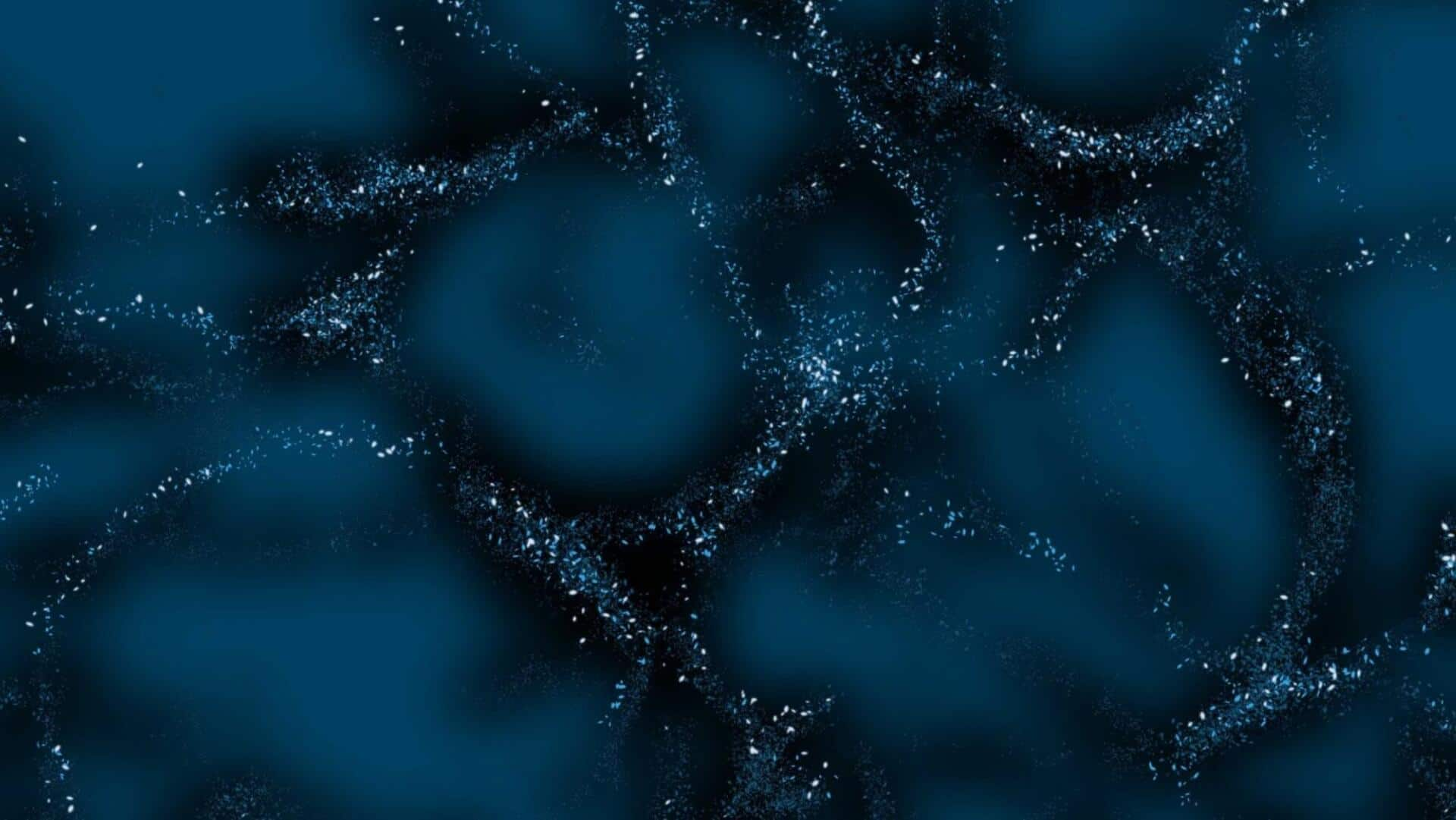
Scientists develop quantum tech to hunt for elusive dark matter
What's the story
Scientists from various UK universities are collaborating to develop two highly sensitive dark matter detectors, employing supercold quantum technology. Despite constituting approximately six times the amount of ordinary matter in the universe, dark matter remains largely undetectable due to its elusive nature. "We are using quantum technologies at ultra-low temperatures to build the most sensitive detectors to date," said Samuli Autti from Lancaster University.
Invisible presence
The elusive nature of dark matter
Dark matter, despite constituting about 80% to 85% of the universe, remains effectively invisible as it doesn't interact with light or ordinary matter. Its existence has been inferred due to its mass and gravitational influence on ordinary matter and light. The challenge for scientists like Autti and his team lies in positively detecting dark matter particles rather than merely inferring their presence.
Quantum detection
Quantum experiments target hypothetical dark matter particles
The team is focusing on two hypothetical particles as potential constituents of dark matter: the very light "axion" and more massive, yet unknown particles with weak interactions. Both types of particles would show ultraweak interactions with matter, which could theoretically be detected with sensitive enough equipment. The team's Quantum Enhanced Superfluid Technologies for Dark Matter and Cosmology (QUEST-DMC) experiment aims to detect these unknown new particles.
Axion detection
Quantum amplifier designed to detect axions
The team's second equipment, the Quantum Sensors for the Hidden Sector (QSHS), is a quantum amplifier designed to detect the tiny electrical signal resulting from axions decaying in a magnetic field. The QUEST-DMC experiment, however, isn't capable of detecting these extremely light axions, which are theorized to be billions of times lighter than a hydrogen atom. Both the QSHS and QUEST-DMC experiments are part of an ongoing effort to detect dark matter particles.
Public display
Dark matter experiments showcased at science exhibition
Both the QSHS and QUEST-DMC experiments are on display at Lancaster University's Summer Science Exhibition. Visitors can learn about how researchers infer the presence of dark matter in galaxies, view a model dark matter particle collision detector, and see a light-up dilution refrigerator exhibiting the ultralow temperatures required by quantum technology.